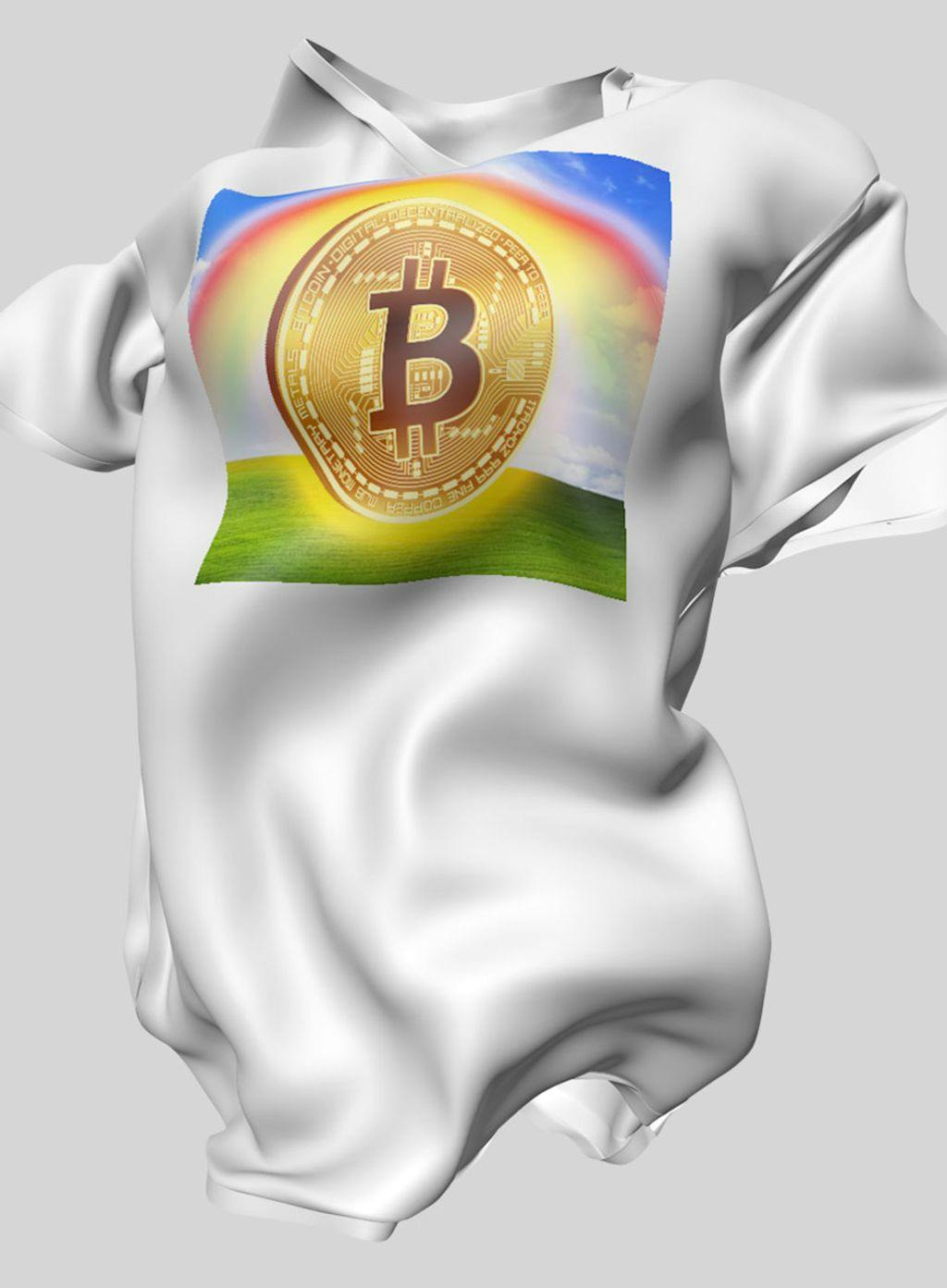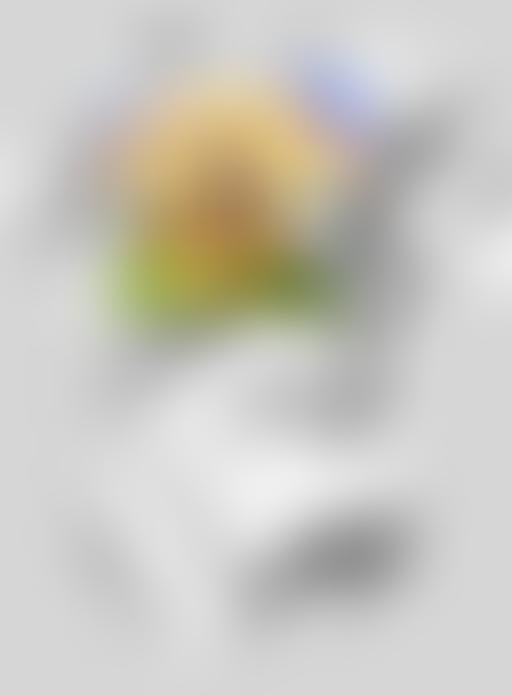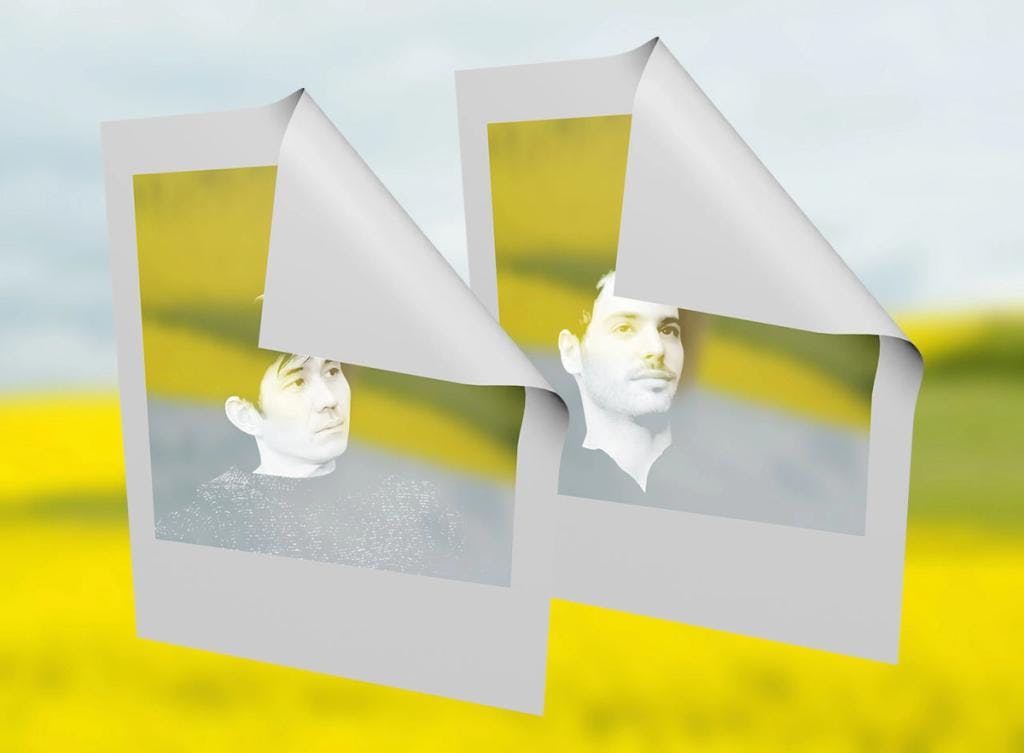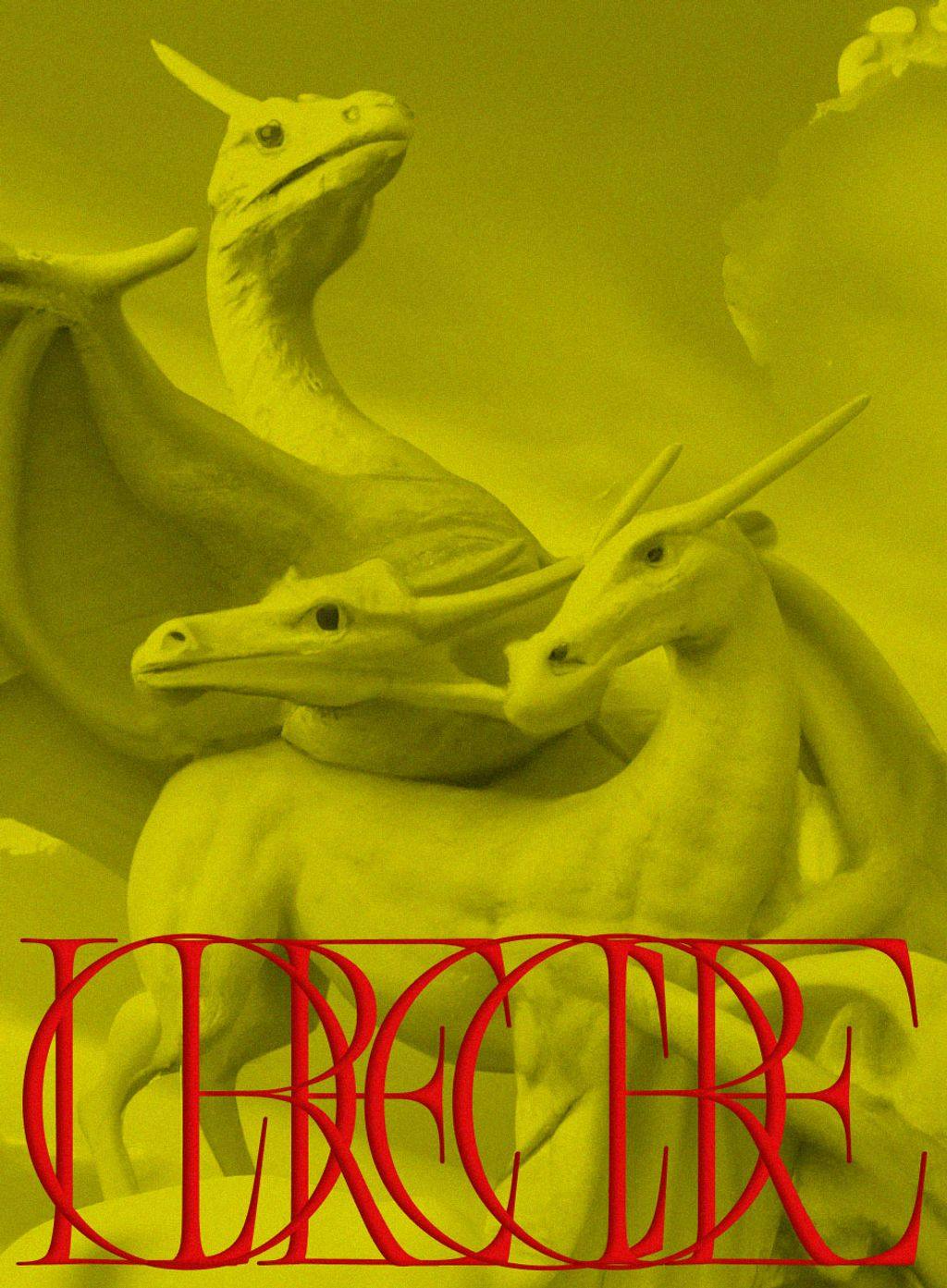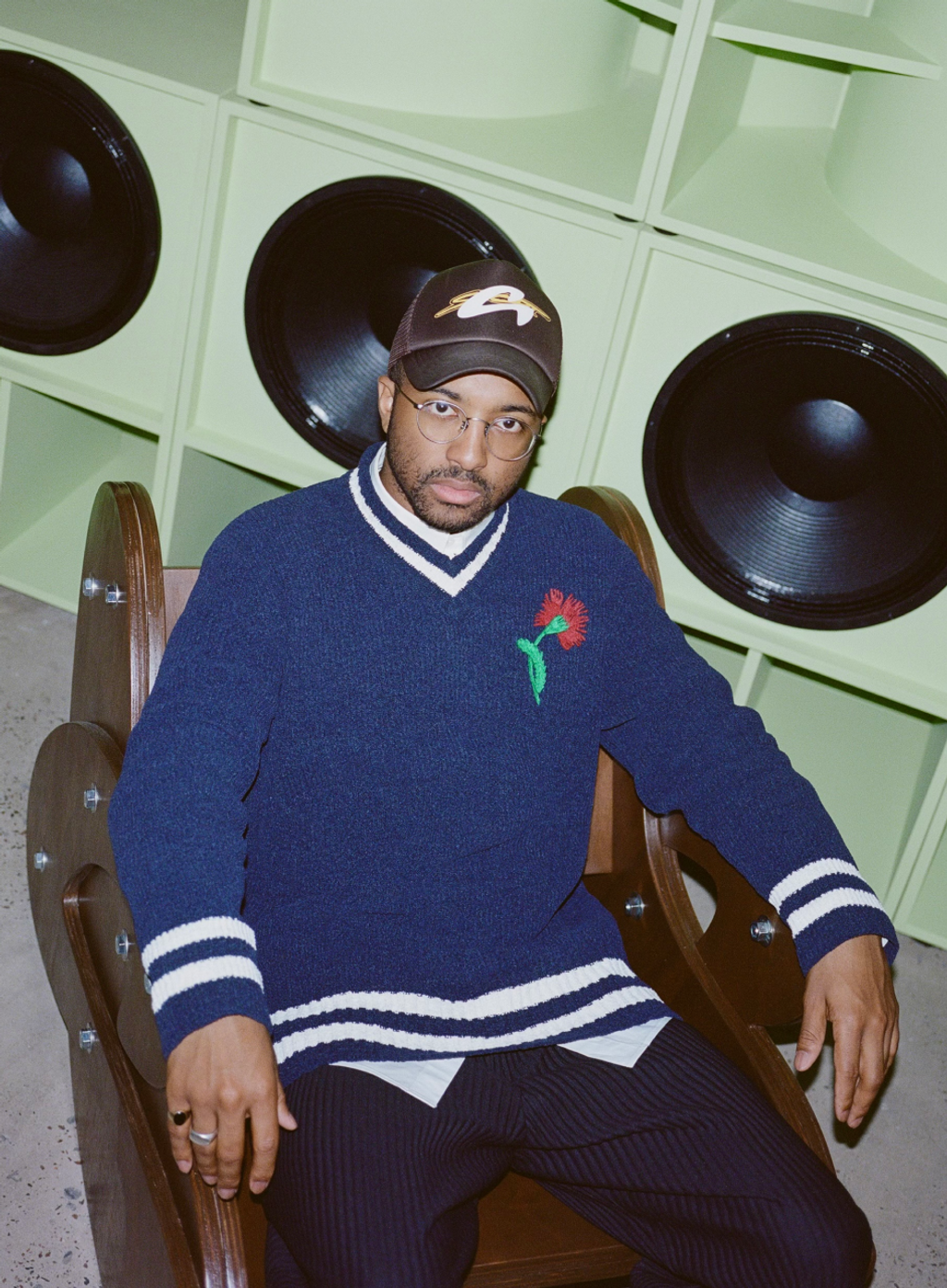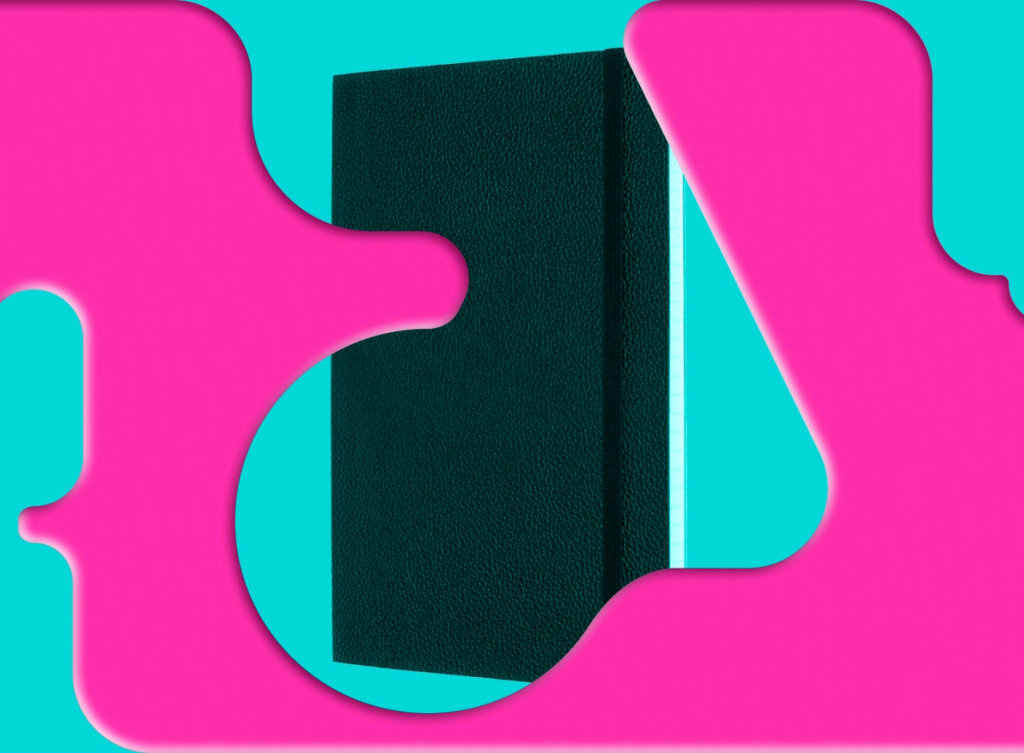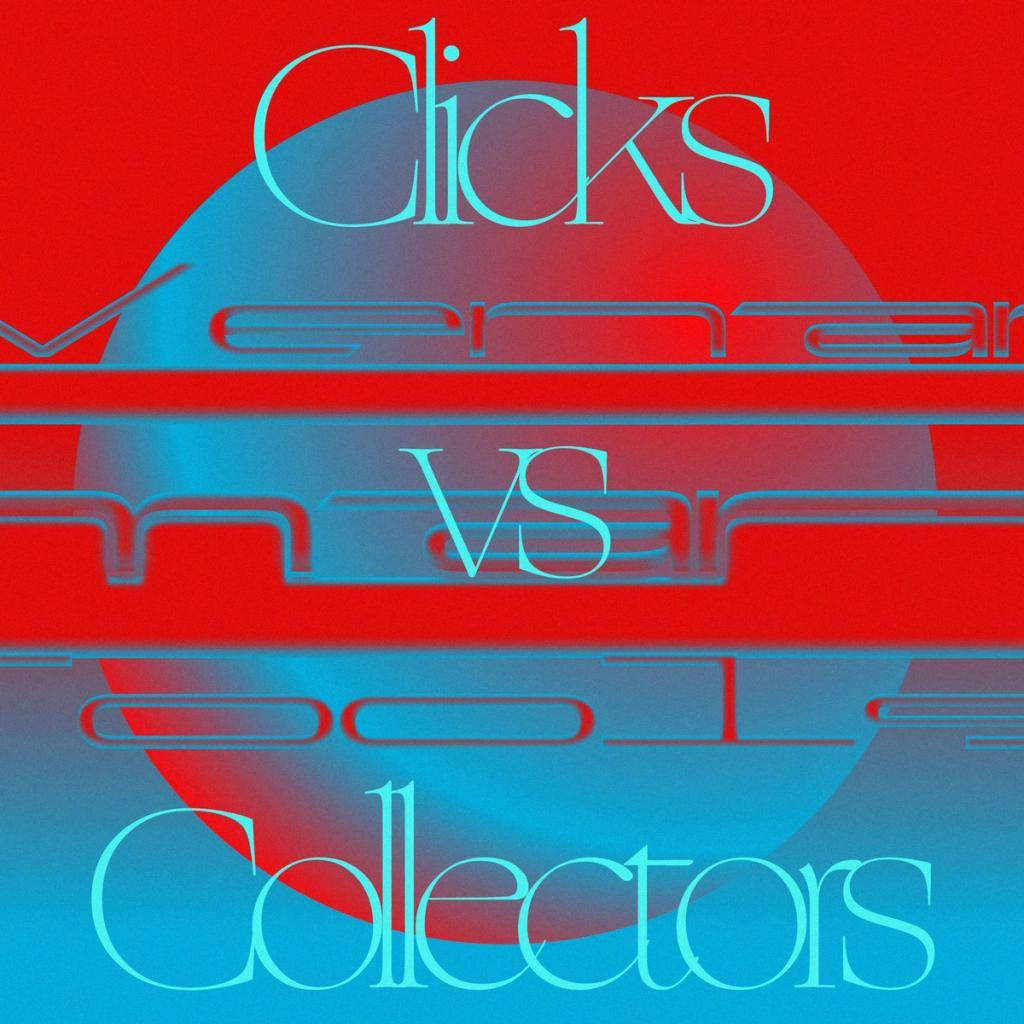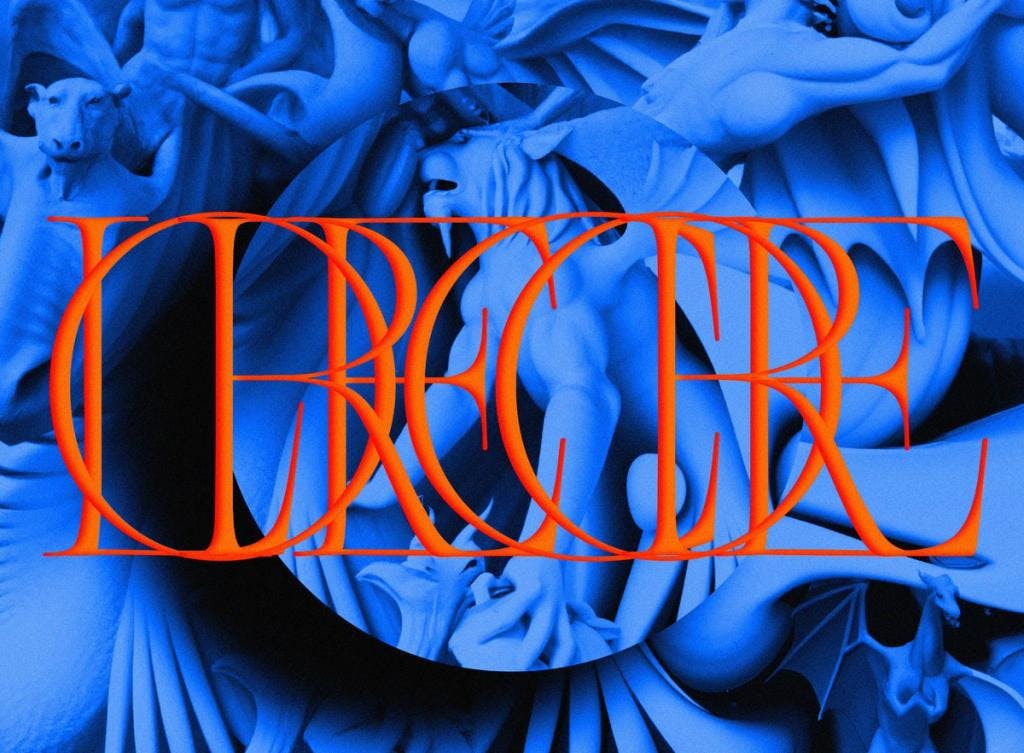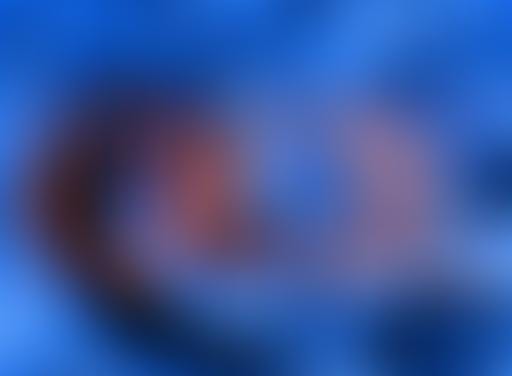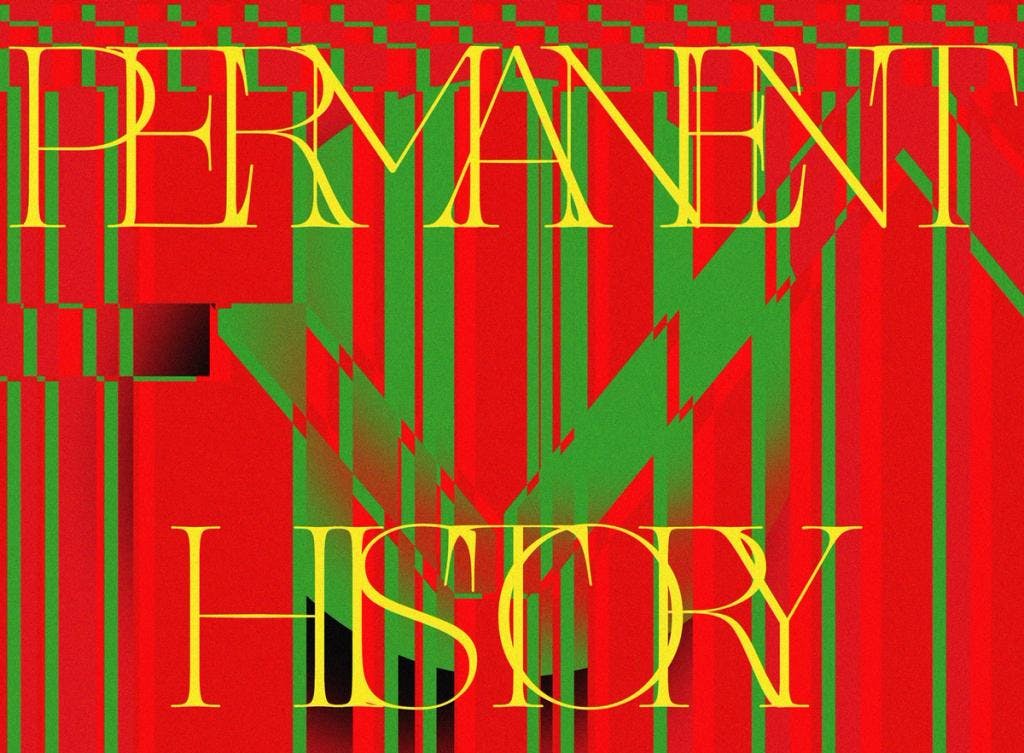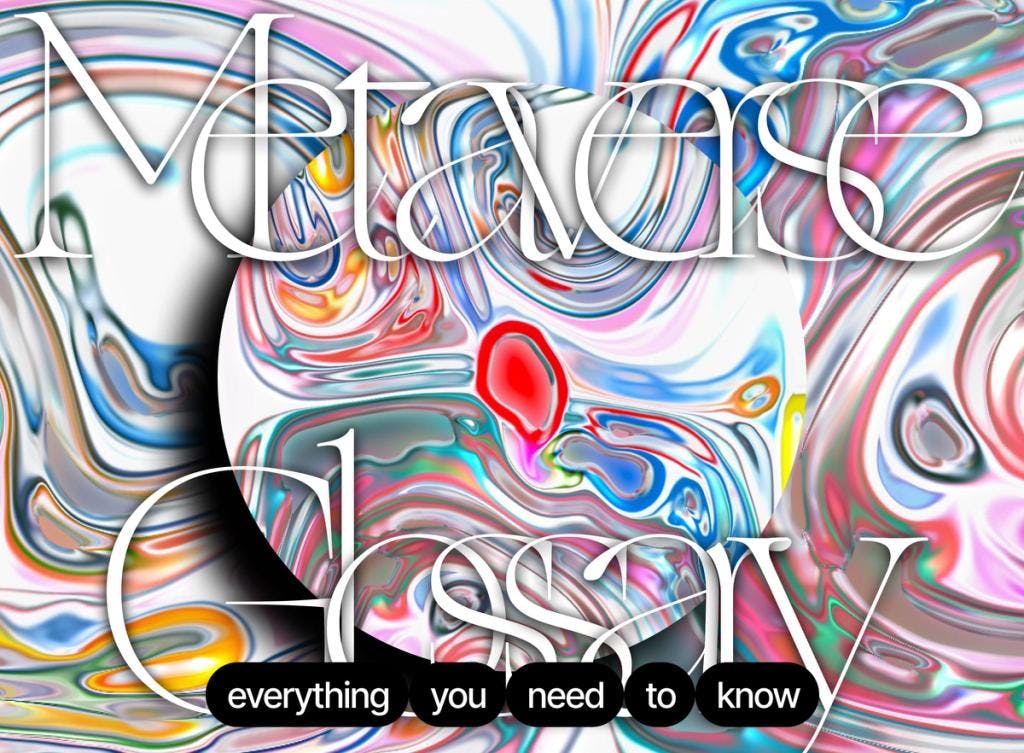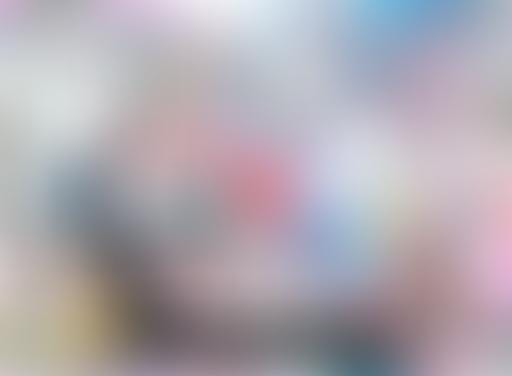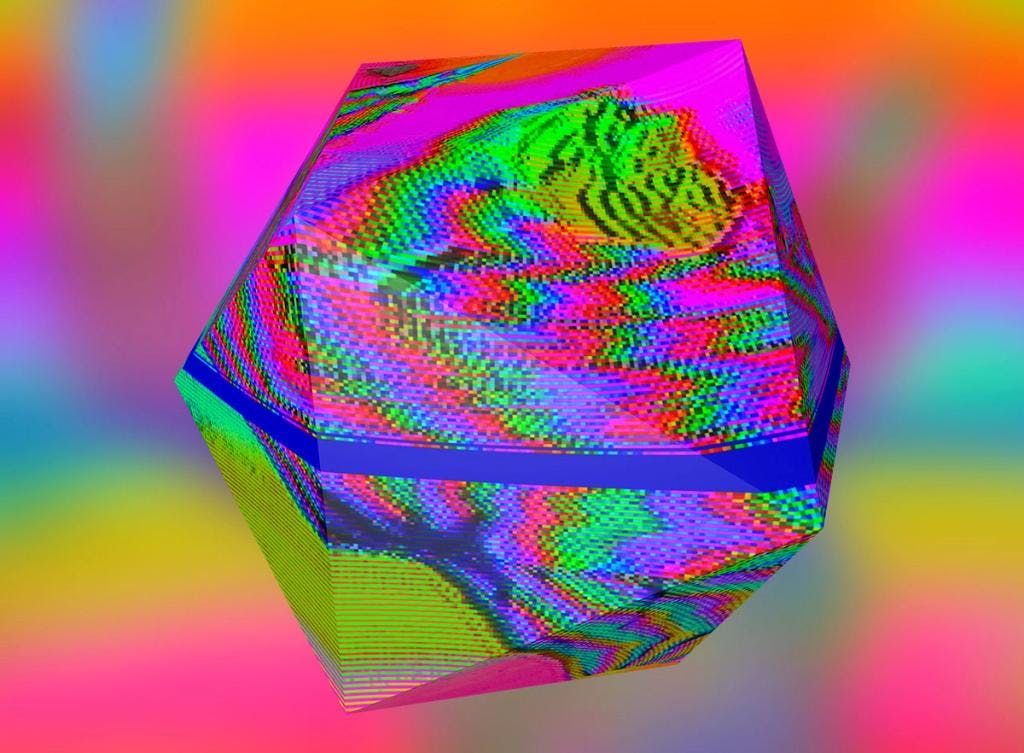


PartyDAOonBuildingandLaunchingPartyBid
PartyDAO on Building and Launching PartyBid
Giving communities the power to bid
Cooper Turley: Tell us a bit about PartyDAO — what is it and how did you guys come to form it?
John Palmer: PartyDAO is a group of people who came together around a primary goal: to ship a product called PartyBid. PartyBid is a product that lets people team up, pool their capital together, and take place in NFT auctions as a team. The way this works is that anyone can go to our website, create a new party, paste in the URL to either a ZORA or Foundation auction, and call an on-chain function to form a party. Once a party exists, it has its own URL where anyone can visit it and contribute ETH.
You can contribute a dollar of ETH or a million dollars of ETH, but at the end of the day, people are putting their money together for one purpose, which is to place bids in that specified auction. If the party wins the auction, then the people who contributed ETH to the winning bid get a proportional amount of tokens, representing fractional ownership of the NFT. One difference between these tokens and another fractionalization methods is that you don't have to assemble all of the fractions together to redeem the NFT. Everything is actually done through Fractional.art, where tokens represent proportional votes on the reserve price of the NFT. One difference between here and a lot of fractionalization of NFTs is that you don't have to assemble all of the fractions together to redeem the NFT. It's actually done throughout fractional where tokens represent proportional votes on the reserved price of the NFT and how it gets sold. If you own 10 percent of the tokens, you have a 10 percent weighted vote on what the reserve price of that NFT should be whenever it eventually gets sold. PartyBid provides this end-to-end product experience that makes going through this whole process super easy.
If the party wins the auction, the people who contributed ETH to the winning bid get a proportional amount of tokens, representing fractional ownership of the NFT.
In terms of the origin story, I'm not sure I can perfectly recount it. But this all started a while back on a Twitter thread. Dave White from Paradigm was asking people to just brainstorm new mechanisms within crypto. Denis Nazarov, the founder of Mirror, responded to that thread with the idea of a product that let people pool money to bid on NFTs together. Over the following weekend, DAO member Anish Agnihotri put together an MVP of the smart contracts to do this, and the following week, he actually used those smart contracts to win the Colin and Samir NFT auction. It was kind of early proof that this mechanism was useful. Just the ability for people to trust us to combine their capital to win an auction.
After that, a crowdfund happened on top of Mirror that raised close to 100,000 dollars of ETH. Backers received $PARTY tokens, which is our internal governance token. We formed a Discord server, wrote up a quick spec about this product, recruited a team and then spent the last few months building this. That’s kind of the condensed history of what's going on.
CT: Could you guys very quickly go around the fort and talk about your specific roles on this project, and how you got involved with it in the first place?
JP: Well, I backed the crowdfund because I thought it was cool. A token-gated Discord quickly formed and I just jumped in there. When it was still early I ended up just voluntarily writing out a quick spec that I thought summed up the product and later became the assigned PM for the team. So most of my role has been spec writing, recruiting some other people to work on this, and I've dabbled a bit in helping with the designs in FIGMA, doing some blogging on the Mirror page, organizing proposals to budget and hire the team, etc.
Anna Carroll: I actually first got involved with PartyBid when Anish dropped the contracts on Twitter. I reached out to him and said I wanted to review them. That was my first contact with the idea and the project. When the crowdfund was happening, Denis reached out to me and said he'd love to have me, to join what was going on. So that's how I got to be on crowdfund as well and got into the token gated Discord. I did end up getting sort of roped into leading protocol on PartyBid and it's just been off to the races since then. I wrote the contracts for PartyBid and coordinated all of the security review and everything contract-related as well. I have been also been helping out a bit on some DAO-level strategy and just general party stuff.
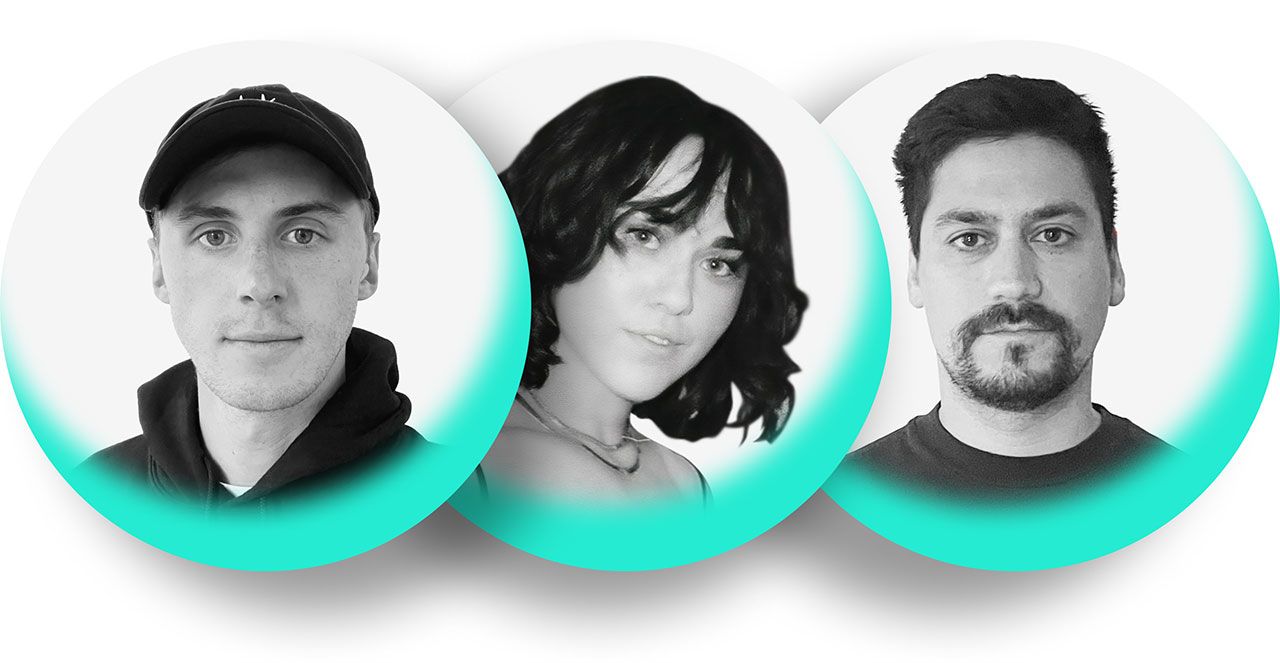
Danny Aranda: I was really attracted to PartyDAO because I think a lot of DAOs that have become before this have been largely transactional focused on making investments, buying NFTs, pooling capital in that sense, and doing that in a new way. But this was the first DAO that I had encountered that had a really clear product idea and wanted to build it. Like a DAO focused on building software, something that would be akin to an actual startup or technology company. But having this new model for managing the kind of the talent and the human capital that would come in to actually ship the thing. I thought it would be a really interesting experiment. I actually started contributing later than John and Anna did. And I came in just to work on the go-to market; like how are we going to launch the thing, who are we launching it with, how do we make sure it gets traction out of the gates, and how do we put together the strategy behind that and think about PartyDAO long-term.
CT: John, I know when you backed the crowdfund, you were pretty vocal early on about Discord playing a key role here. What was it that stood out to you about this specific crowdfund relative to the other ones you'd seen on Mirror and sort of the energy and excitement around it?
JP: I would say my thinking was quite similar to what Danny just said about what's the teleology of a DAO. What is its end goal? And what's the purpose of it? I thought that the idea of trying to produce the same kind of thing that a startup might in terms of shipping a product and having revenue but doing it by totally different means was intellectually stimulating as an idea. Personally I thought it would be an edifying process to try to be actively involved.
And now that we're like 24 hours away from actually shipping the product, I feel like we've delivered on that. There's a legitimate product that feels as good as anything that top seed-stage startups in the space are shipping but there's no company. There are no VC investors. There are not even full-time employees. I think that the future of building stuff will generally trend this way and it feels really cool to be at the forefront of that.
From the PM side, as someone who's worked as both a founder and a designer at startups before, I was interested in what kind of organizational techniques might need to change when operating in a DAO as opposed to a traditional startup. And it definitely ended up feeling like things have to be done a bit differently. So I was happy to get to learn a bit about how you organize people in this way.
But there are many challenges. This wasn't really anyone's main full-time thing, so it's getting partial attention from a lot of people, which means it's going to move a bit slower than a startup. And it may be harder to get people's attention day-to-day, so there’s a lot of asynchronous work happening as well. But the trade-off and the benefit on the other side of that is you can get a team together that would be nearly impossible to recruit to one startup.
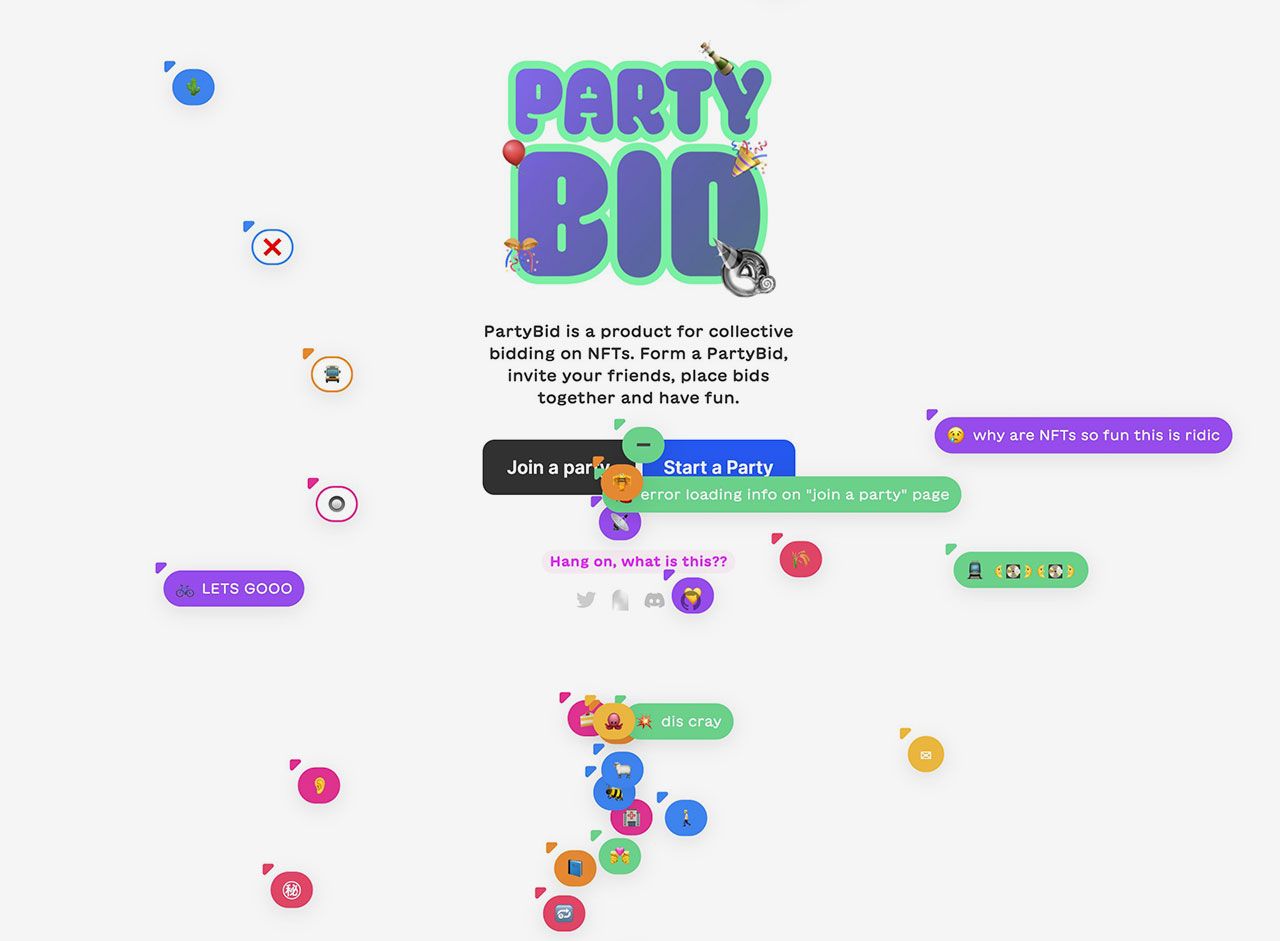
CT: Anna, tossing it over to you, what did this workflow look like to you? You said you backed the original crowdfund. Did you have the intention of wanting to do contract work at the time of joining, or is that something that came a little bit later down the line as more of a formal team was developed around it?
AC: Absolutely not. I definitely joined the crowdfund just for the vibes initially. I contributed a pretty small amount of ETH so I was a bit of a $PARTY minnow. It was really through being in the Discord and seeing some of the things around the product specs and seeing some of the dev calls come together. I participated in some of the early dev calls and helped refine the early contract specification. It was through that process that I started thinking about the dynamics of these contracts, how we would implement them, how we'd build this, and then it was really John. I have to give it to John, who convinced me to come on to lead the protocol.
JP: Yeah, baby.
AC: And I'm glad that he did because it's been a really fun process. It's just been super interesting being one of the people who's gotten to participate in this in a way that I wouldn't have been able to otherwise. Being one of the individuals who probably would've been difficult to recruit in a normal situation, but who was super interested and down to join this cool community vibe for this commitment. And honestly, it's become a long-term commitment for me, just through the process of experiencing this initial rollout. I think it's a really interesting model moving forward for the type of work that I might want to be doing in the future.
JP: I think that that's been another very cool thing about the people and the team, particularly with Danny and Anna here and really everyone on the V1 team. It's definitely cool people and I just feel like we're friends. I feel like these are people who I want to hang out with and keep working with on PartyDAO or otherwise, so that has been a cool part of the process that feels unique.
CT: Danny, at what stage of the process was the project when you joined and what did you see as areas that you wanted to contribute to?
DA: There were a few calls when PartyDAO kicked off. One of the main ones was a call out just to go over the spec and that was a really product-focused call about what should be the broad contours of the mechanics of the product itself. Hearing that, and as the team came together around it, I was seeing some of the rough drafts of what was getting built.
I actually went to John and I was like, ‘hey, there's potentially another side of work that we might want to think about.’ Just in terms of how we take it to market, how we make sure it gets traction once we launch. We were all psyched about the idea of what's going on with NFTs right now. IIt feels like a special time, there's cool stuff happening, and I think it's in that type of environment that new ideas are going to be able to at least get some traction out of the gate, so I thought catching that opportunity would be a really interesting opportunity.
CT: John, what has been your biggest learnings from someone trying to coordinate people that aren't working full-time on a product, but that all share a sense of ownership over the project?
JP: I really need to sit down and write a retrospective maybe on the PartyDAO blog, because off the top of my head, I'm not going to have a sharp lesson here. I think the biggest lesson is that timelines are slower. I don't think it makes sense to fight uphill battles using structures that are inferior in certain areas, and urgency and timelines are one of those things. I would just say if you're planning to work on something in this fashion, for all the benefits you get, one trade-off is that people are busy and you may estimate things as one or two weeks of work, but it may end up taking three or four just because people are busy.
That was something I feel like we scrambled and fought against early on. Anna did all of her stuff super fast, so that wasn't an issue there, but in general, everyone's just busy. We fought against it and then eventually just accepted that this just takes a while, but it's going to be worth it.
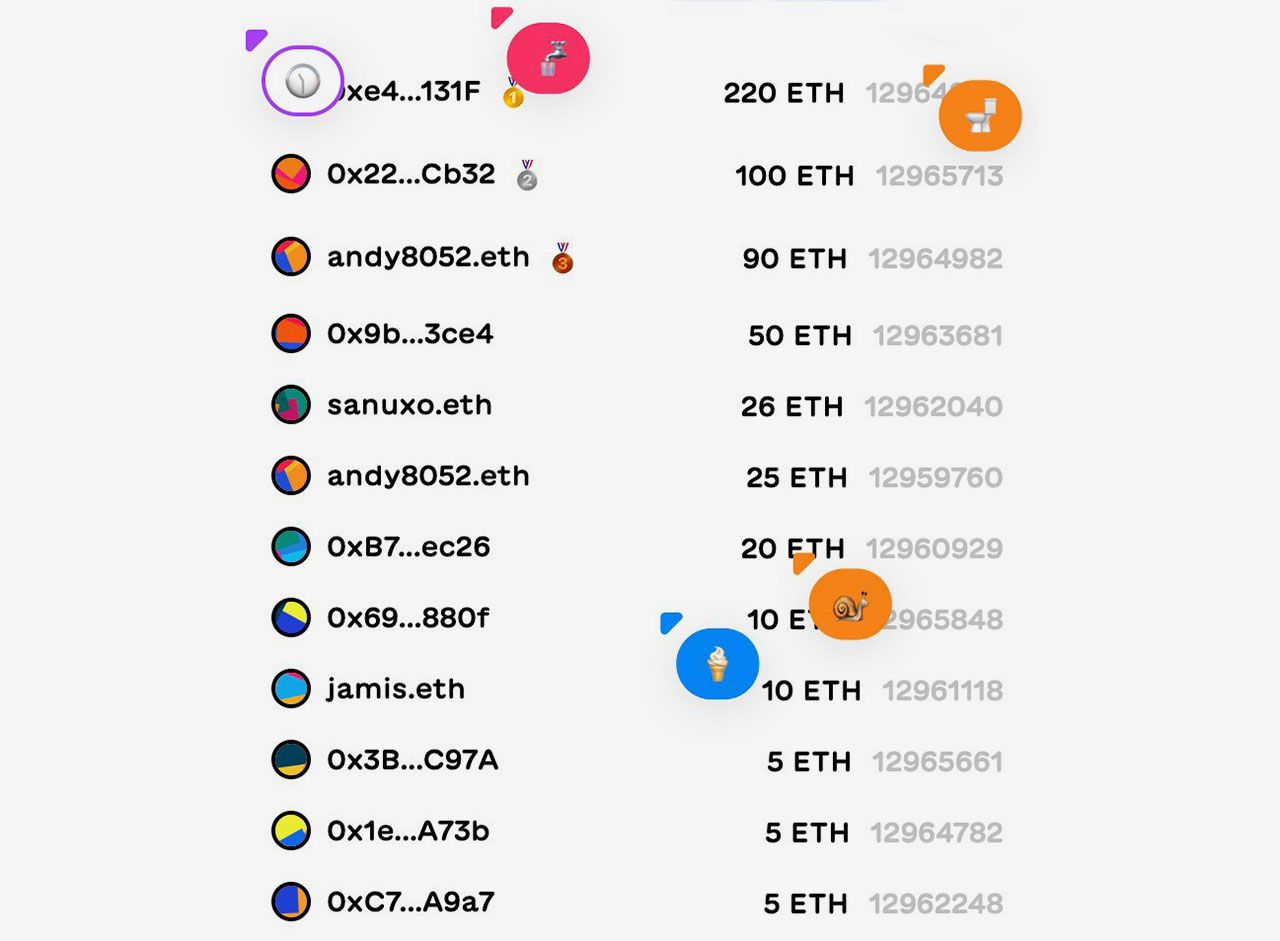
If I were to continue to work on this here or form another DAO to build a product or something, I would just say from the start it's cool to embrace that and make parallel efforts around marketing and hype, or to figure out other parallel work streams in the meantime, rather than bogging people down with intense time commitments. In the early origination phases, to take people who joined because of the fun nature of how we're working and start adding more and more intense commitments is against the spirit of generativity and fun. And honestly, I think the timing around the launch is great. For all of the other benefits, it's slower. That's my concise answer.
AC: Cooper, I think something you said is really pertinent to something I was talking to Steve Klebanoff about the other day. You were talking about how there are a lot of folks who have a sense of ownership over what we're doing here and I think that that is a huge learning experience for me about what some of the biggest value is here. In a traditional VC-backed startup, you have a clearly defined team. There are legal contracts. Everyone is working full-time and they are getting paid on a regular cadence for all their contributions. But there's a very clear in-group, out-group dynamic. And because of that, it's way less incentive I would say, or way less energy, for people to contribute to the success of a startup that they're not a part of.
Whereas in PartyDAO, there are way more blurred lines about who really is the core team and who really is building this thing. It becomes more of a collective identity, and a lot of folks who may not have shipped a line of code, or set up any launch parties themselves, can contribute just by retweeting. Just by talking about it with their friends. Just by mentioning on a podcast appearance that they go on. And I think that those are things that people are willing to do and excited to do because they feel like they're a part of it. So that's been a huge learning experience for me. I think it's something that I really want to lean into, letting everyone feel like they're a part of this thing and making it a much greater pie and a greater thing to be a part of as a result of that.
CT: I would love to hear about what was the gap in the market that made this product feel like it should be built, and why do you think that this is the right way to do it? So, open floor, whoever wants to take this.
JP: I'd be happy to kick it off. I think with any product, you want to have this nice balance between the immediate need and the room to scale and grow and not become outdated. I think this one hits that perfectly. It's the type of thing where you see an early niche behavior happening of people pulling capital together to win auctions, PleasrDAO is probably the most notable example there. But there was no nicely designed end-to-end solution from the product side. The PleasrDAO use case relied a lot on social trust and social ties.
It was the perfect type of thing to productize and have hopefully some nice traction right away. But with that being said, that's just one behavior. Does it go out of fashion or does it have limited scale? I don't think so at all. I think there are all kinds of things happening where a multiplayer team auction party makes a lot of sense. But I think on the meta-level, something at least from my end, feels like a really long-term trend that's going to continue to grow is just the idea of financial actions or even just onchain actions happening in the multiplayer format and the group format in general.
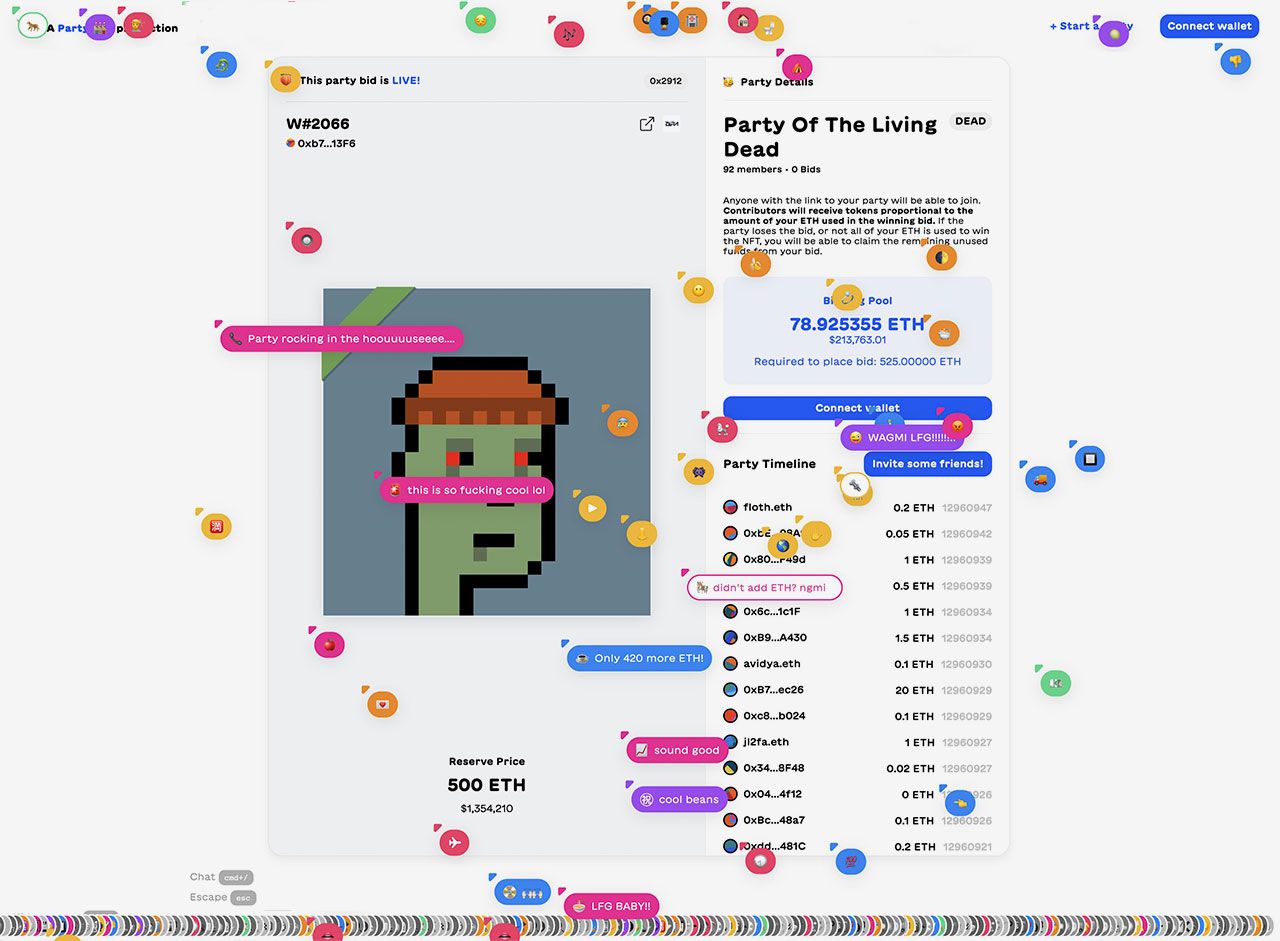
I think something that this particular team got to think a lot about from the game-theoretical standpoint, from the security standpoint, and engineer at the smart contract level was, how do you help a group of people trust a product to help them take some action using their ETH? If you think about a startup that is going to go through a seed- and Series A-stage of growing its first product, eventually, at a late stage it may come time to launch a second or third product or have a suite of products.
From the PartyDAO perspective, I think there are all kinds of things happening in crypto that happen in single-player mode only that could easily be adapted to multiplayer mode and this feels like the perfect first one. There's so much potential for future versions of that and this team at this point I'd say probably this team has the most experience of anyone putting something together like that. That's what was really exciting from the product side for me.
From the PartyDAO perspective, I think there are all kinds of things happening in crypto that happen in single-player mode only that could easily be adapted to multiplayer mode and this feels like the perfect first one.
DA: Just to riff on the multiplayer concept a bit. Well one, there's a nice parallel with multiplayer in PartyBid as a product and then also a multiplayer in the context of a DAO and everything Anna was talking about in terms of how the people in the DAO work together. It's less hierarchical and more collaborative. In addition to that though, typically what you're seeing in the NFT market so far is going to favor whales in terms of who's able to collect or win some of these high-value auctions. So being able to open that up and, with a very basic mechanic to start, is issuing direction for the product overall.
And I do think another kind of angle on the product itself is just a form of DAO tooling. Like another way to say multiplayer is DAO's enable multiplayer. I think maybe one parallel is if you look at general website creation tools in the ‘90s or 2000s. So take something like SquareSpace, and the amount of traffic or volume they generate compared to much more narrow use case-specific tools like Instagram or Twitter, which are much more opinionated about what you publish and how you post. I think something similar might emerge with DAO, going where it's okay that you're setting up a DAO but you actually have a specific goal in mind, and that's why you're going to use that tool. It doesn't necessarily begin from the DAO. It begins from a place of: I want to go do X with my friends and I want to do it in an economically viable way with certain security guarantees and so I'm going to go use PartyBid to go do that specifically for quote acquiring NFTs. But, you could have a variety of different use cases where that type of DAO tooling would make sense and be a use case specifically.
AC: My initial reaction to the question is almost to just flip it on its head — how did we decide to build this product? We didn't really. As a collective group of people, we didn't organize and say, what should we build? We as a collective group of people decided as individuals to join in this assembly that was happening to build this product. And it's an awesome project. But at the end of the day, I think the real product of PartyDAO is this experiment in a collective organization; learning what it looks like to build a product in this way, the relationship that we've formed, and the team that we've been able to assemble. That's how I look at the project.
CT: When you think about the scope of this DAO, having come together to ship this first product, do you see this being an extension where there are now conversations around other products being built? Do you see this being a team to sustain the specific one product that is PartyBid? Or how do you think about the longevity and sustainability of this specific project?
JP: PartyBid alone actually has a lot of extensibility that it can go through. It's really limited only by the time and effort of the people who can work on it, want to work on it, or who the DAO can pay to work on it. So I'm definitely interested in continuing it. I think there are several additional kinds of NFT sale strategies that would be nice to add after winning an auction.
I think there are also many more auction platforms like OpenSea that we'd love to support in terms of what you can target with a party. There are also tons of UI improvements, there's a lot of just seeing if this product is working and particularly earning revenue through successful auctions on the platform. We can keep iterating on it and extending it and obviously, there are other products we can build in the future, but I'd love to continue it and keep improving on PartyBid itself and keep carrying on the momentum that it has right now.
AC: I think today we've been sort of testing out the project internally before launch. We've collected a massive list of next steps that we could take to improve the core product that we're shipping tomorrow. To extend upon it, growth initiatives, integrations, an analytics dashboard. Or a subgraph so that other projects can more easily query data about this offchain. Integrations with other protocols like Syndicate DAO or Gnosis Safe. We've been reached out to by all of these teams and I think that these extensions are the type of thing that is not just going to be owned and initiated by PartyDAO itself. I think a lot of the folks who have expressed interest in PartyBid are teams all throughout this ecosystem now who have their own initiatives to integrate with or get involved with PartyBid. So it doesn't end just at the team.
But I think zooming out, even though there is so much more work to do on PartyBid, I think we'd be remiss to just drop this product and move on the next day. On a larger scale, I think there's just so many more fun experiments like this that could be run, and we'll see if that's the type of thing that gets run within PartyDAO, or whether again it's the type of situation where an idea is born and people organize around it. We'll just have to see.
JP: Danny, on your side, as someone who's talking to a lot of collectors and potential users of this product, what does that conversation look like for you and what has the reception been from the different communities that you're talking to?
DA: I think the narrative around how the product got built is really important and really compelling for people. Buying NFTs is becoming more mainstream but doing it with a new tool like this is still arguably pretty crypto-native. I mean we obviously want to see it become more popular and go beyond some of those communities, but I think it's probably where it lands right now and for that type of audience, for that community hearing the story about how this came together, the fact that it was DAO building this piece of software that we're collectively shipping and so on. That's engaging. That premise alone I think gets people excited and in the door.
I think the other piece to it is the product itself and just thinking about how John referenced earlier PleasrDAO and productizing those kinds of capabilities. In retrospect, some of this stuff will seem quite obvious to build tooling around emerging behaviors that were already happening. And so, I think for some folks there's an obvious itch to scratch, where they just don't have a solution to go build that very easily versus needing to kind of cobble together the tools themselves. So I think those two pieces together are kind of the origin story in the narrative. That resonates with people and then also just the practical aspects of the product in the way it's able to address an immediate need that I think people have had in their minds for a while.
AC: To Danny's point, I think the same thing that attracts people and makes them want to feel like they're a part of a DAO is the same thing that's making a lot of these teams and projects be attracted and want to be a part of the product.
DA: DAO members as a distribution channel for product launch has actually been a really interesting idea, typically when you're launching a piece of software, you're trying to think about users that are external to the company, because you're building it for someone externally. But there are a ton of people from the NFT community right, all of these different people were actually in the DAO, to begin with, so there's a ton of resources not only to build the product but also to think about distribution.
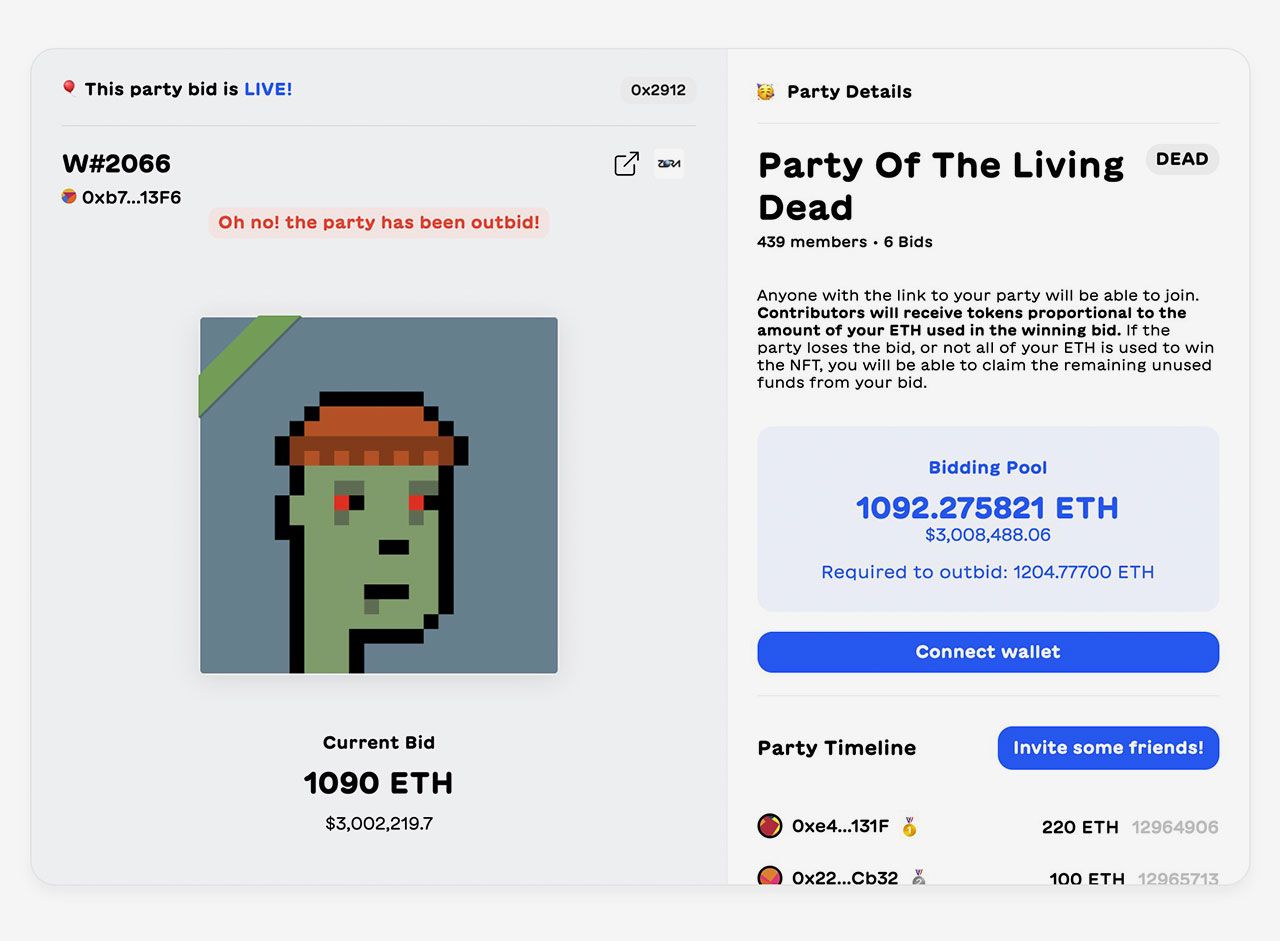
CT: You mentioned Anish winning the Colin and Samir NFT. More recently, we saw the community band together to win the appearance poster for an auction that we just put on. Danny, could you very briefly explain some of these early use cases that we've seen and highlight these being used in action?
DA: I've got to hand it off to Anna who was in Paris during the FWB thing, which happened really spontaneously and was just super fun too. I was in New York but just being online and tracking the whole thing was fun. Anna, if you could tell that story that'd be awesome.
AC: I think really the use case that we've been able to deliver on as a DAO and as a product thus far has been having fun and telling stories. That's really what we saw in Paris with the FWB auction. Really, it was just a group of friends. I got a text from a friend late at night — Breck from ZORA — wanting to do this thing he and Lily had been talking about, and they wanted to use PartyBid. I said I'm down. So we deployed the protocol to meet up the next morning and made the first-ever V1 PartyBid to win this bottle service NFT for the FWB DAO party in Paris that night. And we won. So that night we popped bottles and we literally partied. It was almost a coming-out launch party for PartyBid in a way that we stole from FWB. It was just a fun time and as Danny said, it was really an organic happening.
I think everybody really enjoyed being a part of it and again this is the strength that PartyDAO has been able to leverage so far in these stories. The creation of this group of people was really incredibly organic and it was all happening out in the open online. It's the same thing for the launch of the product as well. So it's been a lovely time to be a part of.
DA: Just for tracking purposes, that means that Anish's MVP on the Colin and Samir NFT won and what Anna worked on for the FWB NFT also won. So that's two for two for PartyBid so far.
AC: PartyBid's undefeated.
DA: You asked about general use cases earlier in your original question, and I think something that we're seeing a bit and it's really well articulated in Anna's story about the FWB NFT. Another way to look at PartyBid is through social software. I think that the concept of putting together a PartyBid and getting your friends involved or other people that you know involved, I think is going to produce really interesting social dynamics. I think the convergence of social in crypto has been on people's minds for a while, whether it's through more practical things like logins, authorizations, just using public-private key pairs but also, what does a social network really look like around crypto? I'm really excited to see if PartyBid will help answer some of those questions in terms of how people coordinate and get together. It has a shot of helping bring more ideas around what social software in crypto looks like because it's really simple. And fun. It’s doing this very specific thing together. It's buying a piece of work, a piece of artwork, something that a creator made, and you're going to go do it with your friends. All those pieces together I think could make it very fun and interesting in the market.
JP: I've got a group chat of some friends who are always texting about random stuff like this. And have done a few socially trust-based group purchases of NFTs. But honestly, it's just so much easier to use a PartyBid and just send a link at this point. I am also very down to target an auction and send the link to my group chat and just have five people quickly do it that way because it's easier to just click a button than it is to open up Excel, go back and figure it out later who did what and so on. I'm excited about both of those kinds of different modes of using the product.
CT: Talk about the social implications of winning an NFT together. How does it differ from bidding alone? Did some sort of camaraderie come as a result of it?
AC: I think it created this group of people that were marked forever by having done this thing together that we all found to be exciting, funny, fun, and interesting. We still have a group chat from all the folks that contributed to the PartyBid. I think it spawns new ideas for what types of products might come of this, for example, what does it look like to discover onchain and how can you communicate with people that you don't know onchain? There were addresses who contributed to the PartyBid that we didn't even know who they were. And we were like, does anybody know who this is? Can we add them to the group chat? So that group of people lives onchain as well as on Telegram, but it'd be super interesting to see what it looks like to get these coordination mechanisms happening in this crypto-native way and how we can discover these people that we've joined up with.
CT: Where does ZORA come into the mix here?
JP: Maybe we should just start off on the smart contract level, at the most basic piece, here is when we were choosing how to implement this and keep the spec within something we could actually ship without hiring full-time employees for a year. There's a question of, what's the limited range of things we support, and on day one, we support ZORA Auction House and we support Foundation. One big piece there was that ZORA was a popular platform where high-profile auctions were happening oftentimes with cool custom UIs. The smart contracts were open-sourced and easy to work with. Anna could probably speak to that more than I could.
It's been really cool to see a popular platform be something that we can just integrate with, we've had dedicated time not only from Jacob at ZORA but a number of engineers there who have been willing to help us out and make sure the integration is cool.
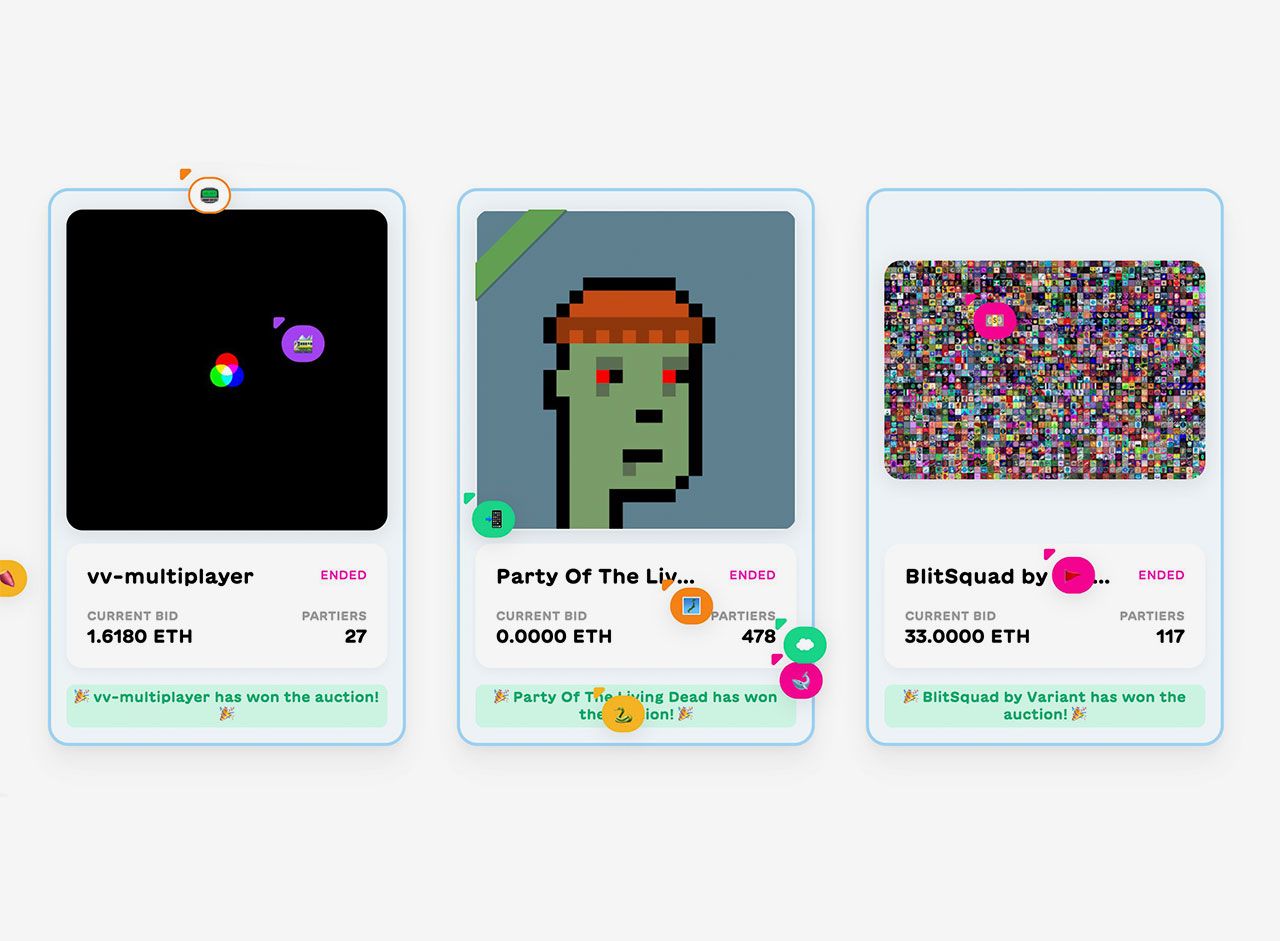
As far as ZORA ZINE goes and giving ZORA credibility and visibility for cool things about their protocol and their company, it is just pretty cool to see it's not just paying lip service to the idea of an open company or an open protocol. It's literally that the team is helping build this product that's not even their product. It's not their core feature but their engineers are helping out. All their stuff is open-sourced. I've never worked with a startup that I wasn't an employee of, so I'll just give them a shout out there. That's really cool to see. I mean, even from day one they got us set up with their staging contracts and sent us the addresses which were fully verified so that we could work in our testing environment. It’s a great collaboration in that sense.
AC: From the technical perspective, as they're building these integrations, I hugely emphasize how beneficial it was for me as a developer to have the code open source, even deploy scripts open source. The addresses of deployed contracts are open source in the same repo, as well as just having developer documentation. It made everything so much more doable to integrate with and that's not the case with all of the protocols and projects out there.
From the contract level, it was totally a breeze. Then bringing it up to the highest level, again, the human level, the team is just a lovely group of people who were involved. Not only Tyson in reviewing our integration, in coordinating with me to get me any of the resources that I needed in terms of onchain deployments, but also Brack and Lily and the rest of the team at ZORA who got really involved in the FWB launch. Ethan who wasn't in Paris but who's been texting me about integrating PartyBid into the ZORA app now. It's just a really lovely group of people and they've been super excited and big supporters.
DA: I would say the open format of a DAO and even just the mechanics of how you join DAO and get into the Discord made the communication with other teams like ZORA a lot more fluid and porous. Questions will come up and you literally have Tyson or Jacob there to be able to respond or pick up or contribute to the way that we're thinking through those things and that's been super helpful. I think there's also an element to PartyBid, where PartyBid doesn't have an obvious competitor or anything right now, and maybe that's a good or a bad thing. But I think from the perspective of a decentralized auction house like ZORA, it's a really complimentary product, and I think the idea of it being created by a DAO and cooperatively owned like a DAO is interesting. I think it brings more people to the table since it's not this potential competitive thing from another startup.
JP: I just want to say one more thing to tie those two ideas together, Danny, because I think ZORA was spreading the meme initially of how NFTs flipped traditional on its head where it's like, no the image spreading around more doesn't make it less valuable. It makes it more valuable because there's really only one. I think the same dynamic's being flipped around here. It's not like, oh there's only so many shares of equity and we can only have so many employees so we have to keep people out and keep people from building on this thing.
Again, the dynamic of the DAO's flipping the traditional company on its head so you might as well lean into it. Anyone can kind of get some tokens and join in and start working on the thing. And it's cool that that's actually linked to an area, being NFTs, where these types of dynamics are being flipped around as well.
AC: I would even emphasize how there's sort of a rhyme between the dynamic of PartyBid as a product and PartyDAO as a group of people, in these auctions and winning NFTs in these auction environments. It's like you're bidding against other people, but PartyBid makes it possible to band together with other people and if you're looking at an auction with a PartyBid in it, it makes almost more sense to join the PartyBid than to try to fight against it.
It's a group of people collaborating to grow the pie together. And it's very similar to PartyDAO as an organization compared to traditional startups. It doesn't make sense for us to fight each other. It makes sense for us to collaborate to grow the pie together.
CT: What are some ways on how to get involved moving forward and how to actually access the product?
JP: If we could just say one thing, follow PartyDAO on Twitter, because there's going to be a number of auctions coming up where there will be high profile PartyBids that if you're following, you just click the link and you can ape into and be a part of the party. We would love to have people as early users.
DA: Start a party. Join a party. Be part of this.
AC: And come join us in PartyDAO!
